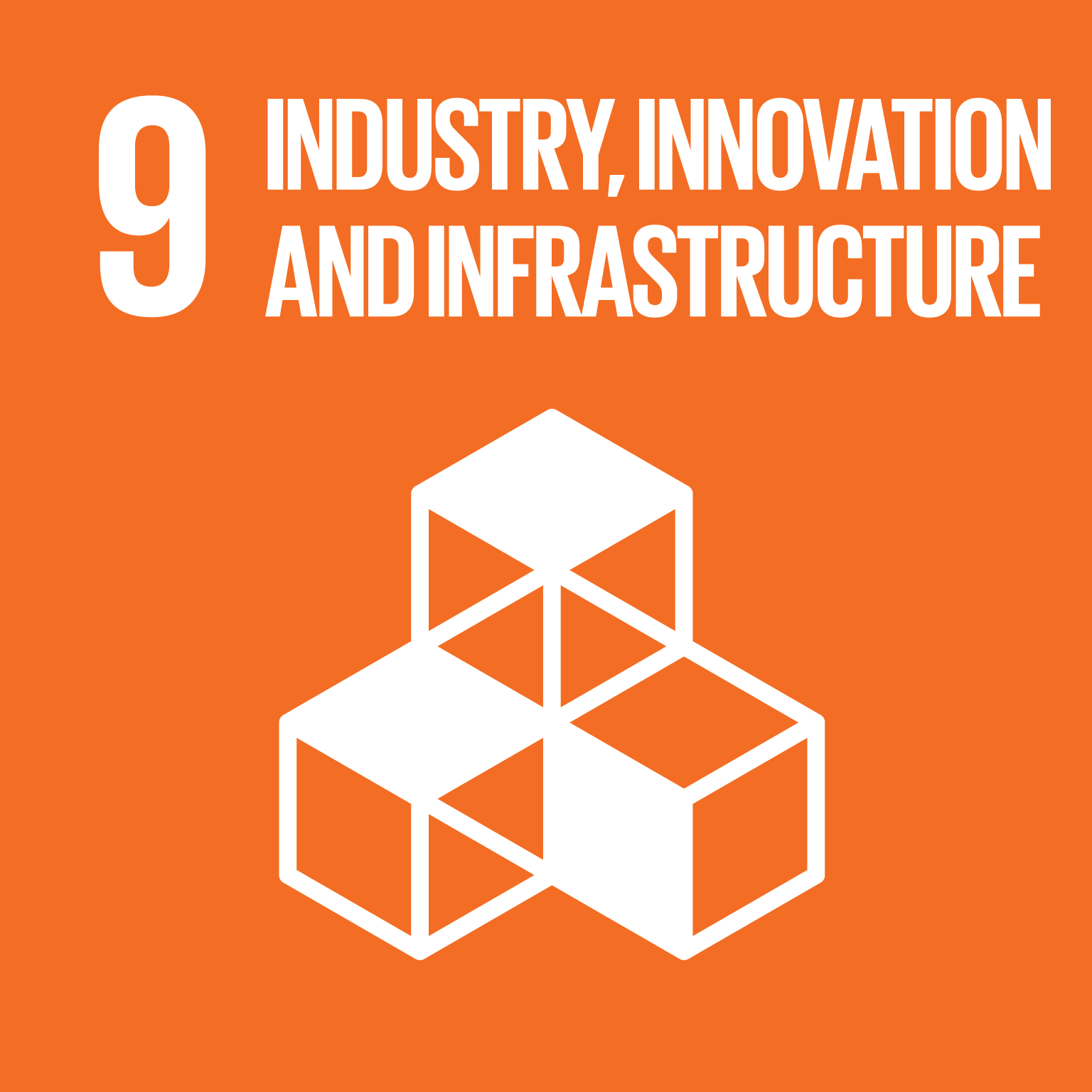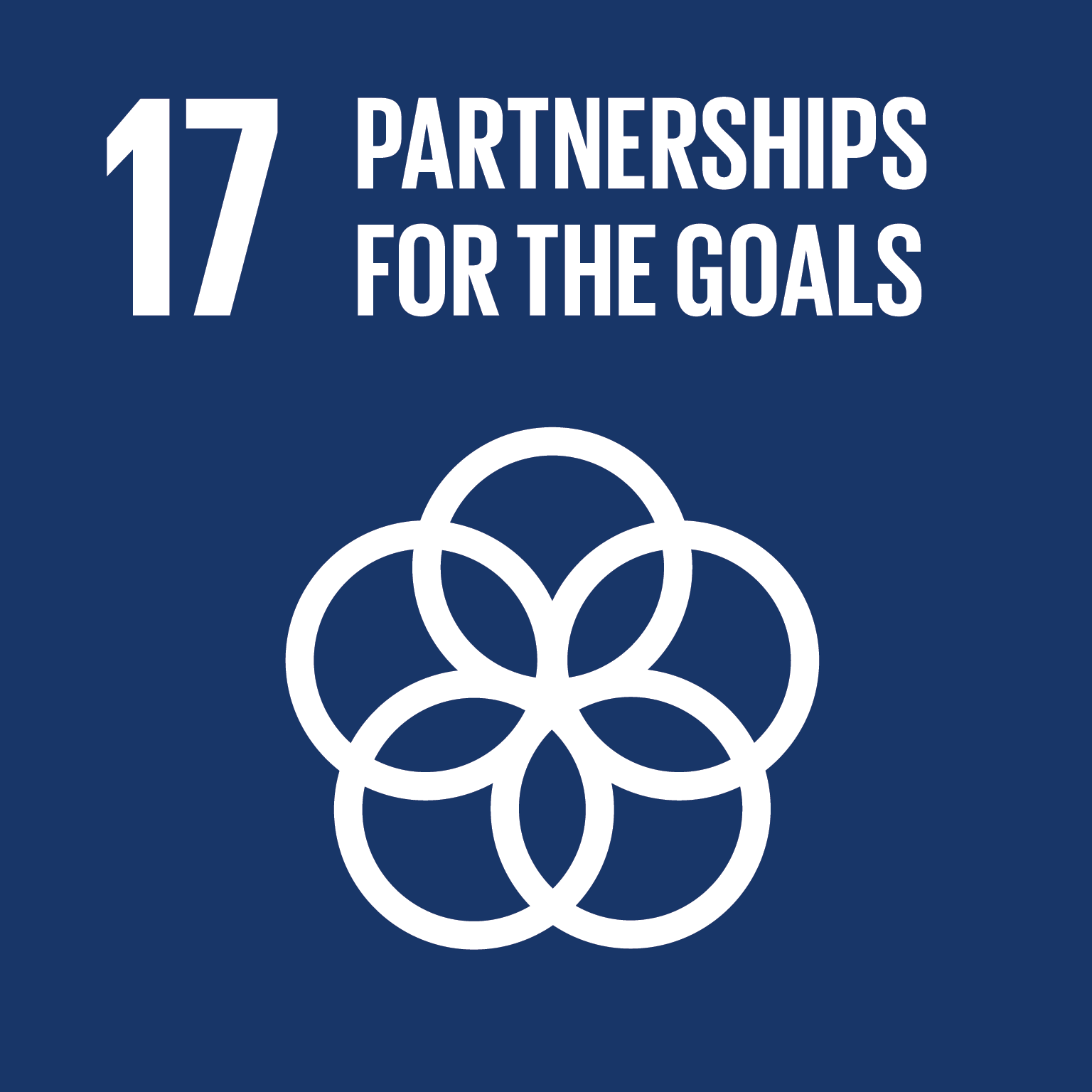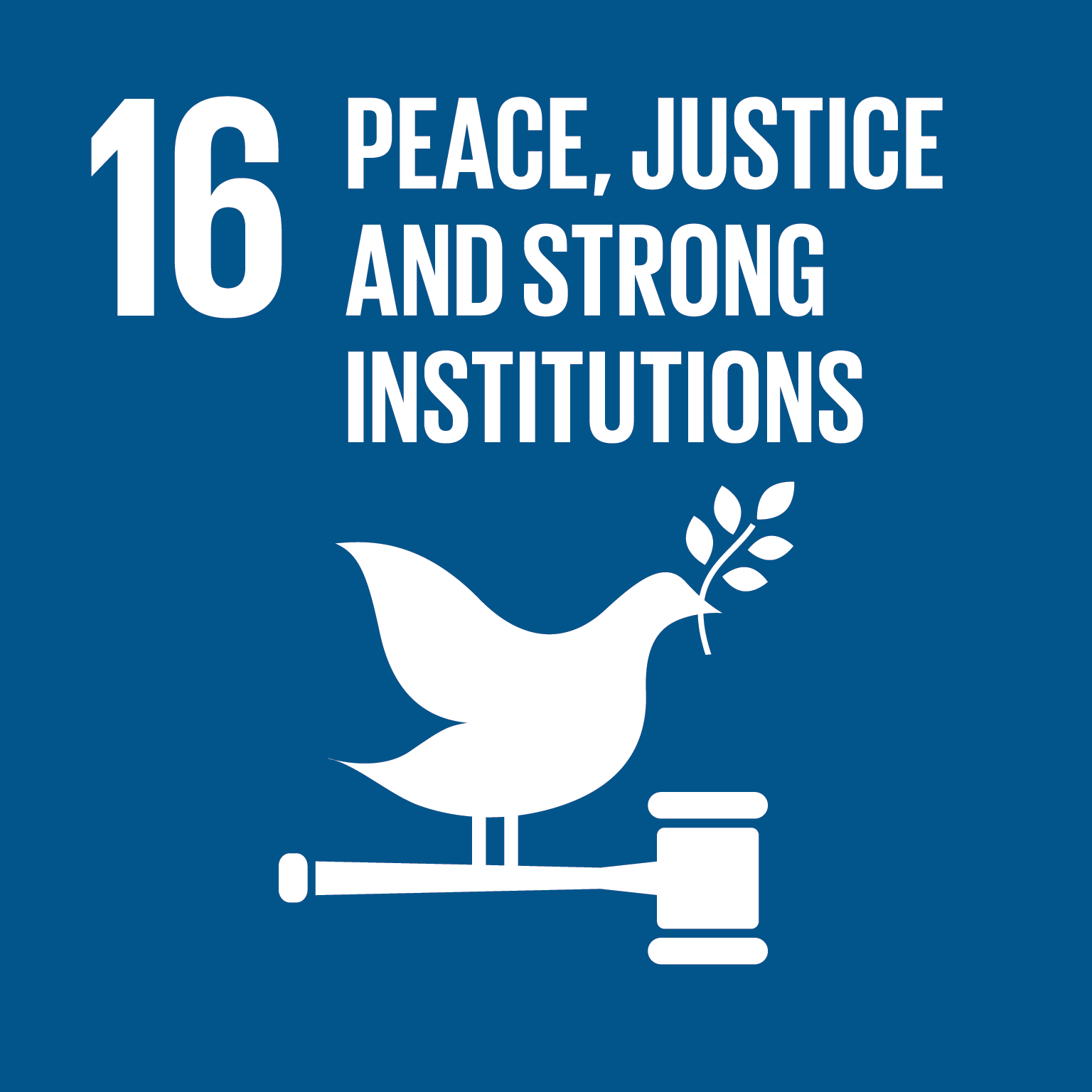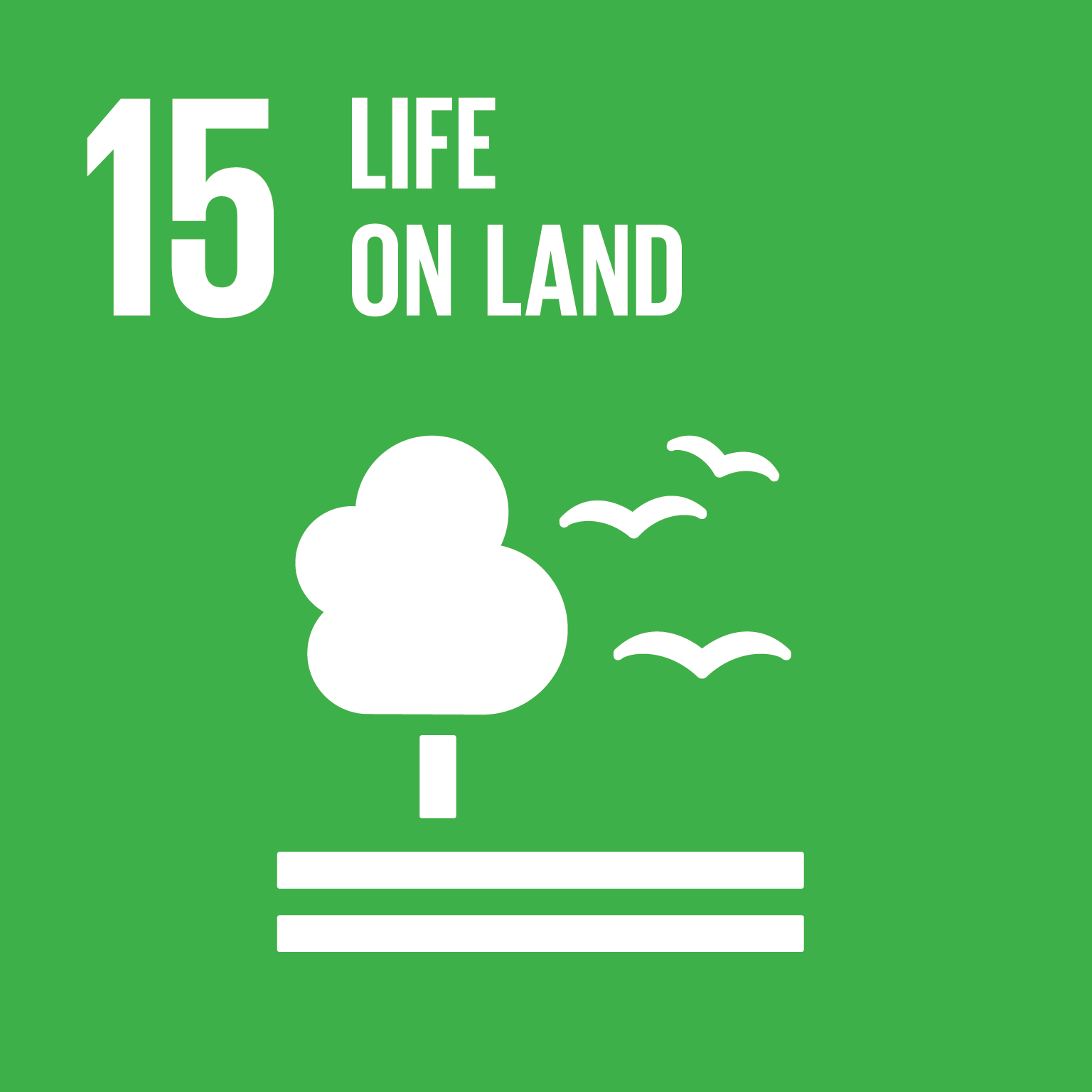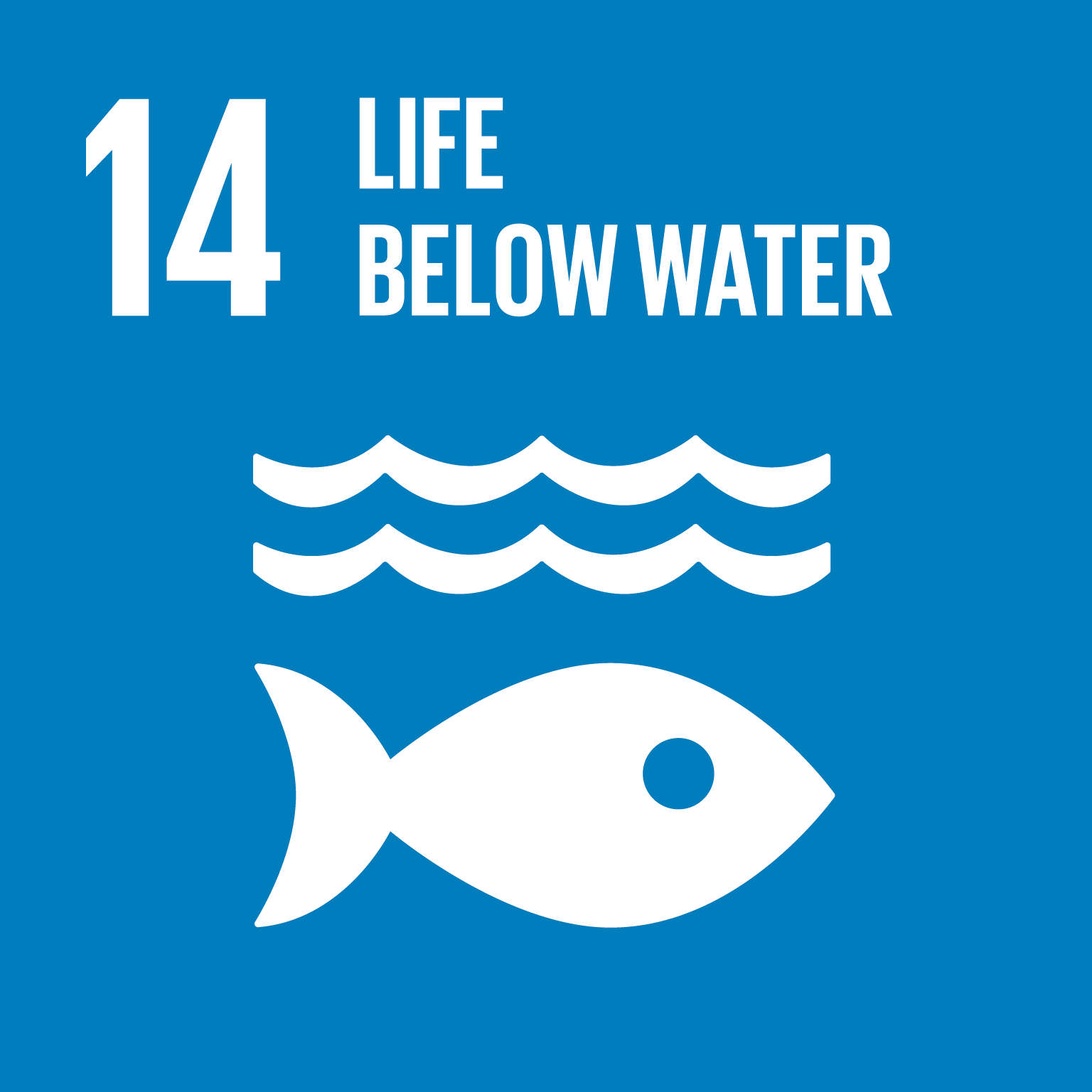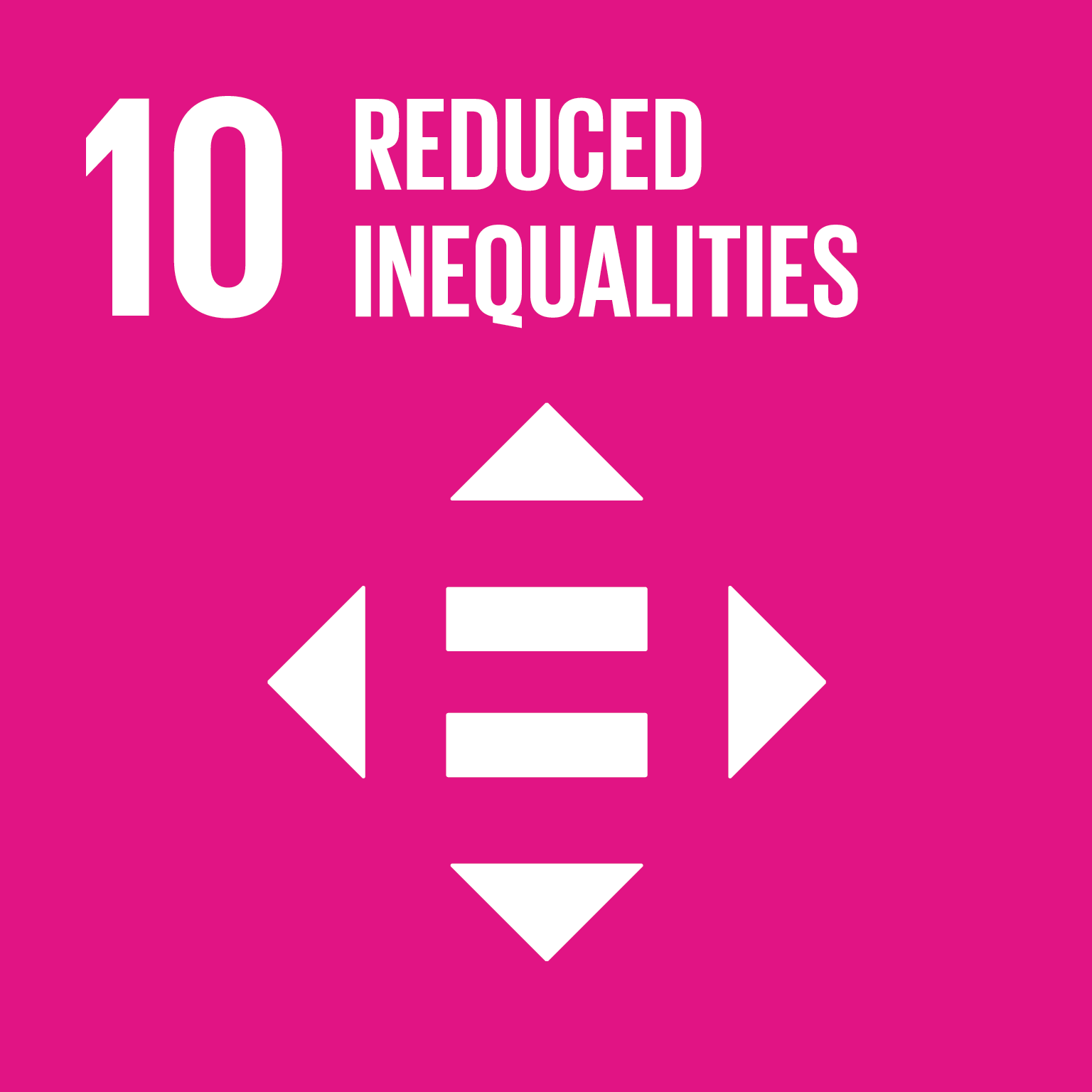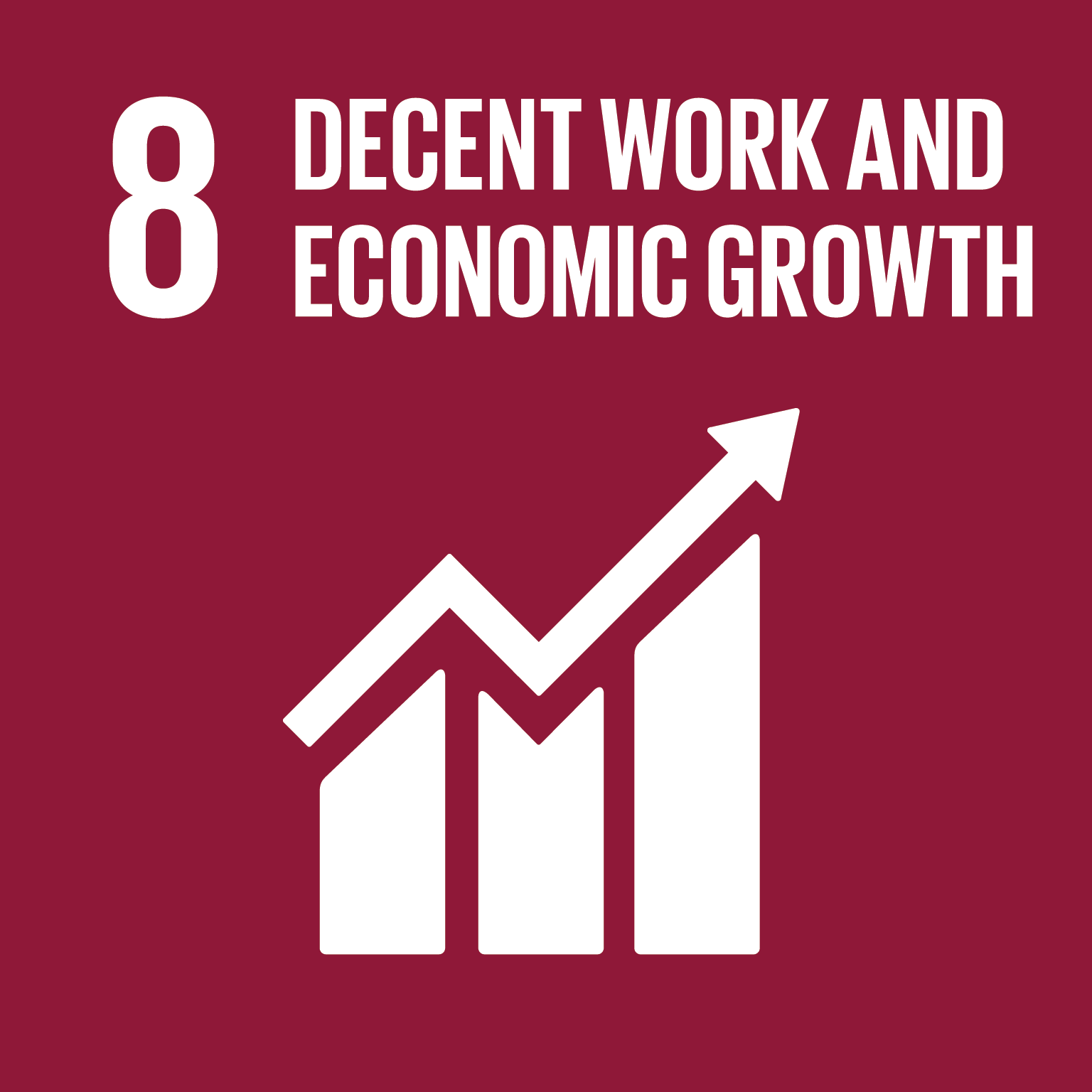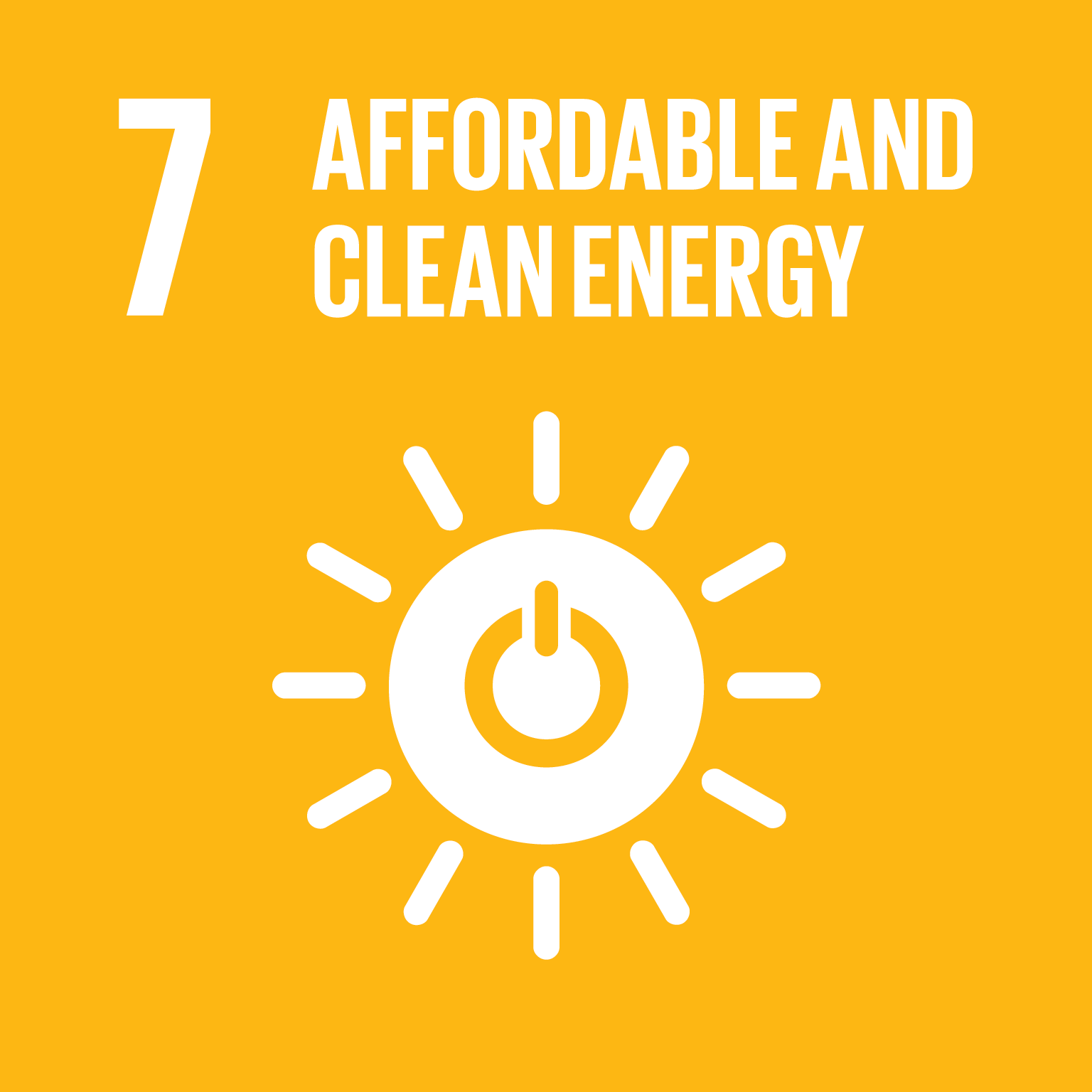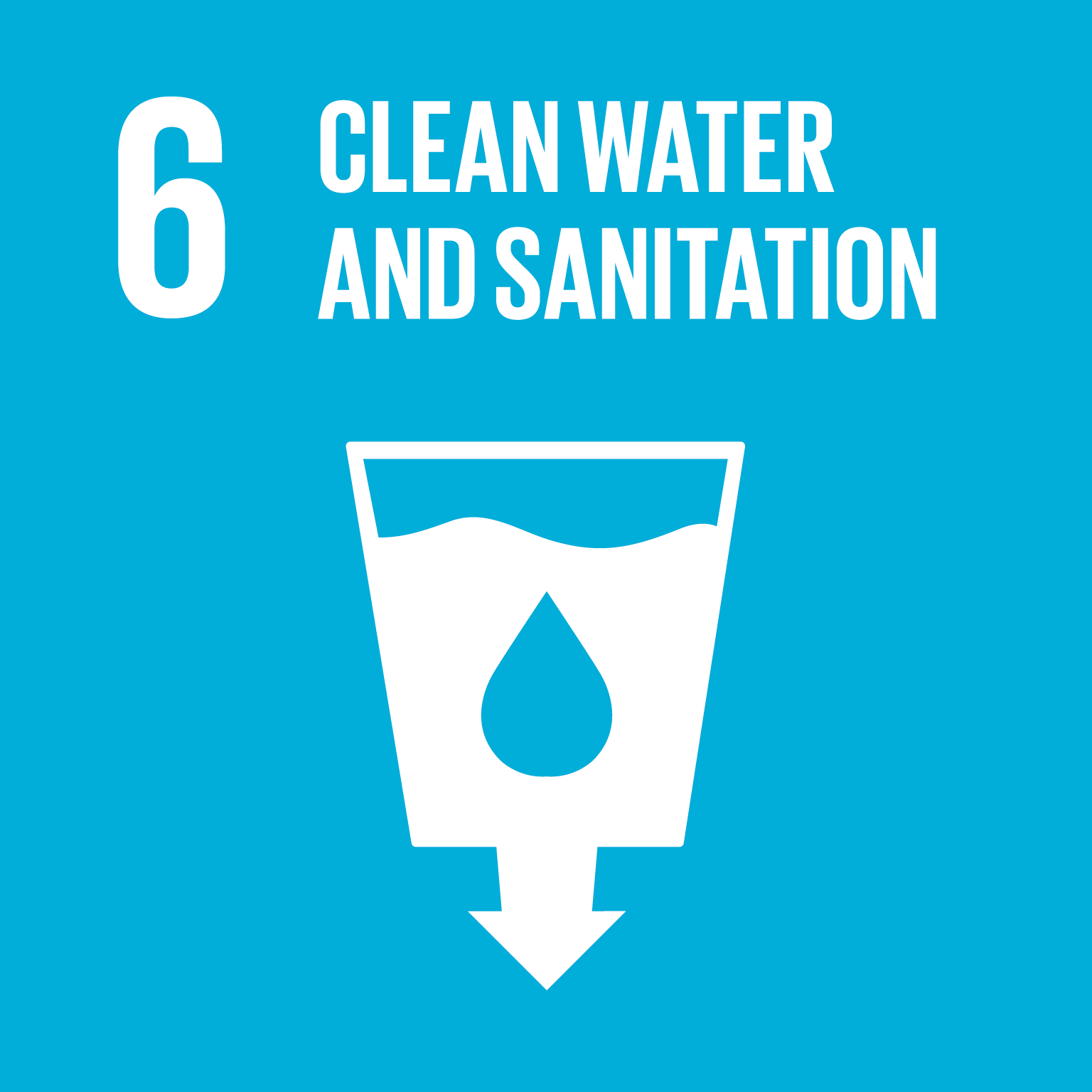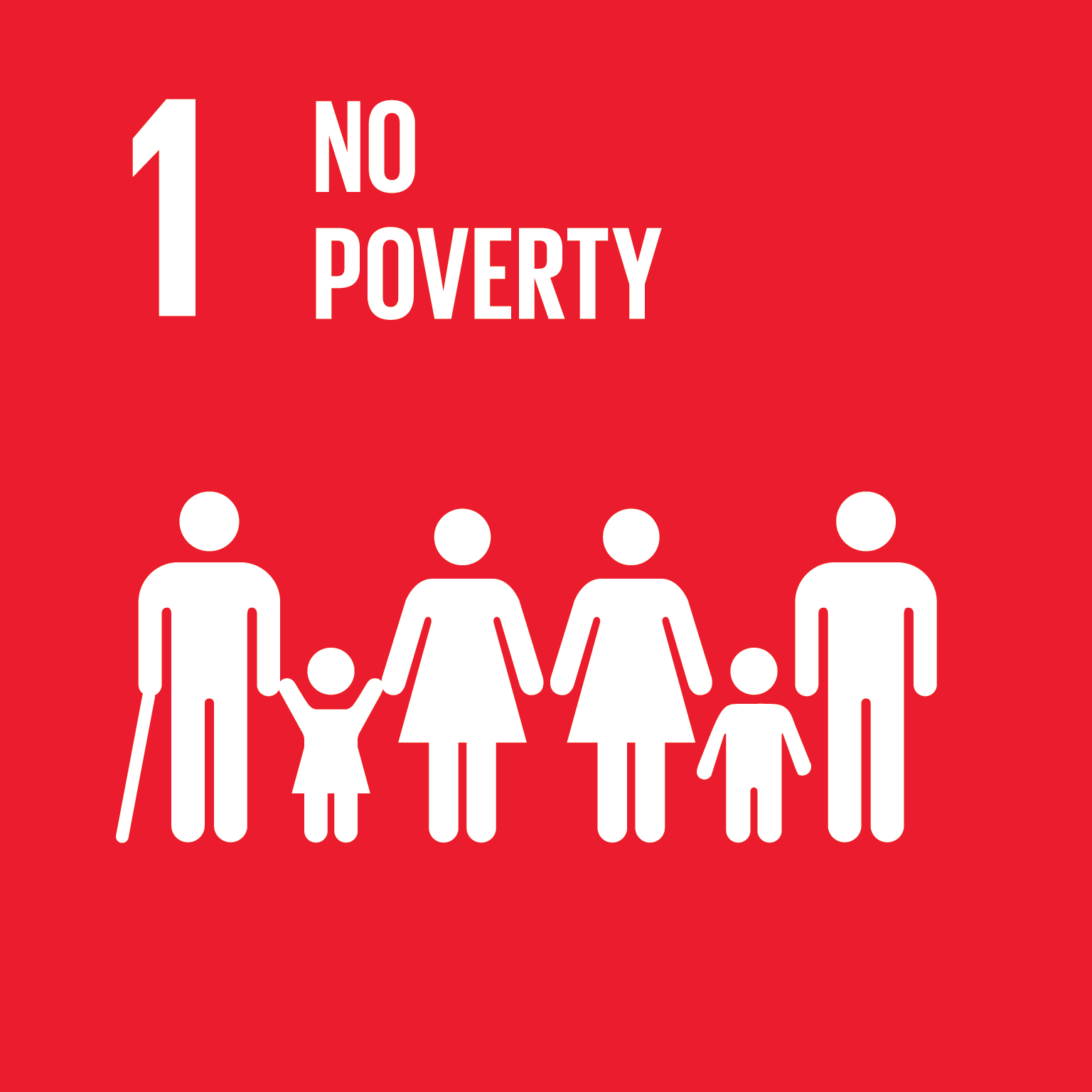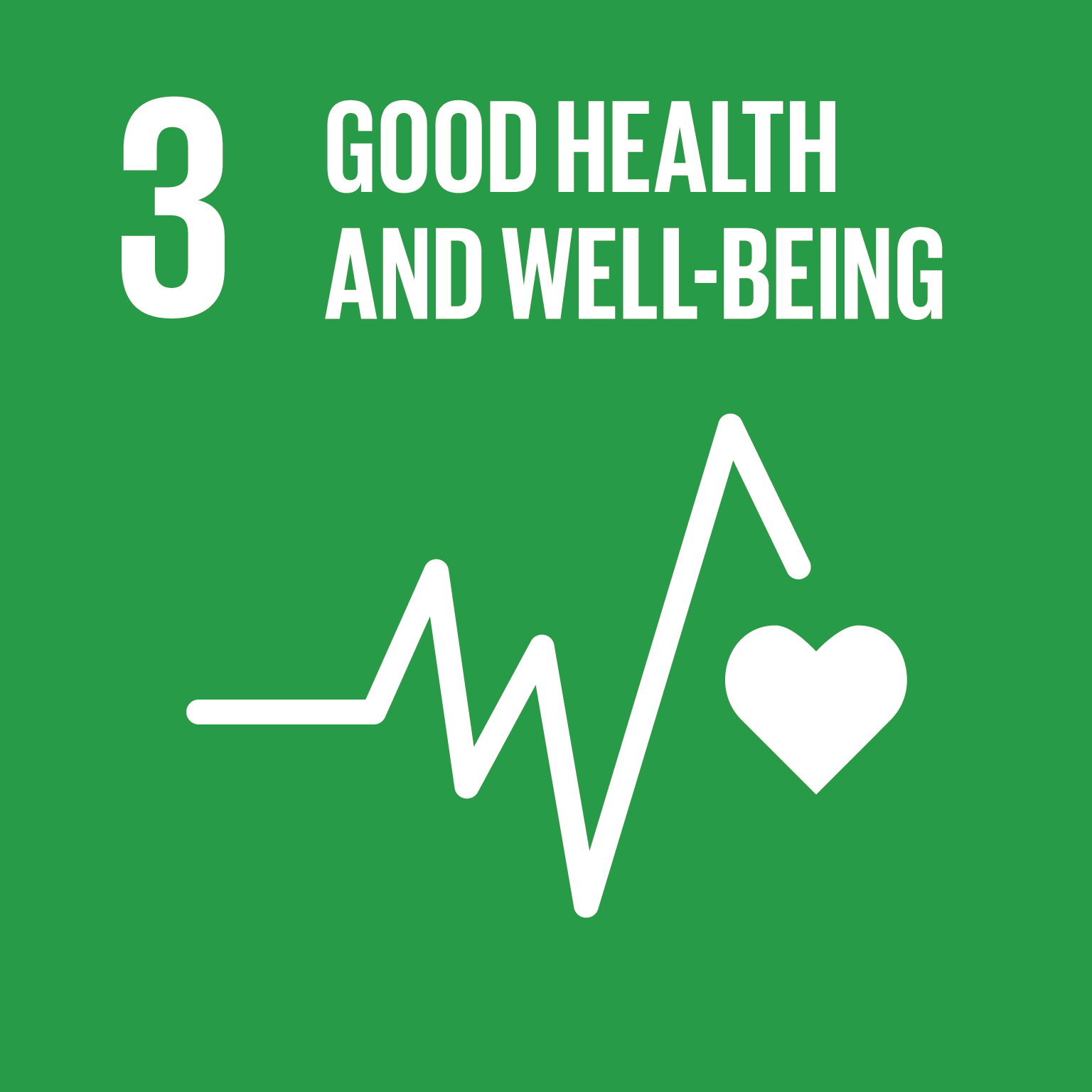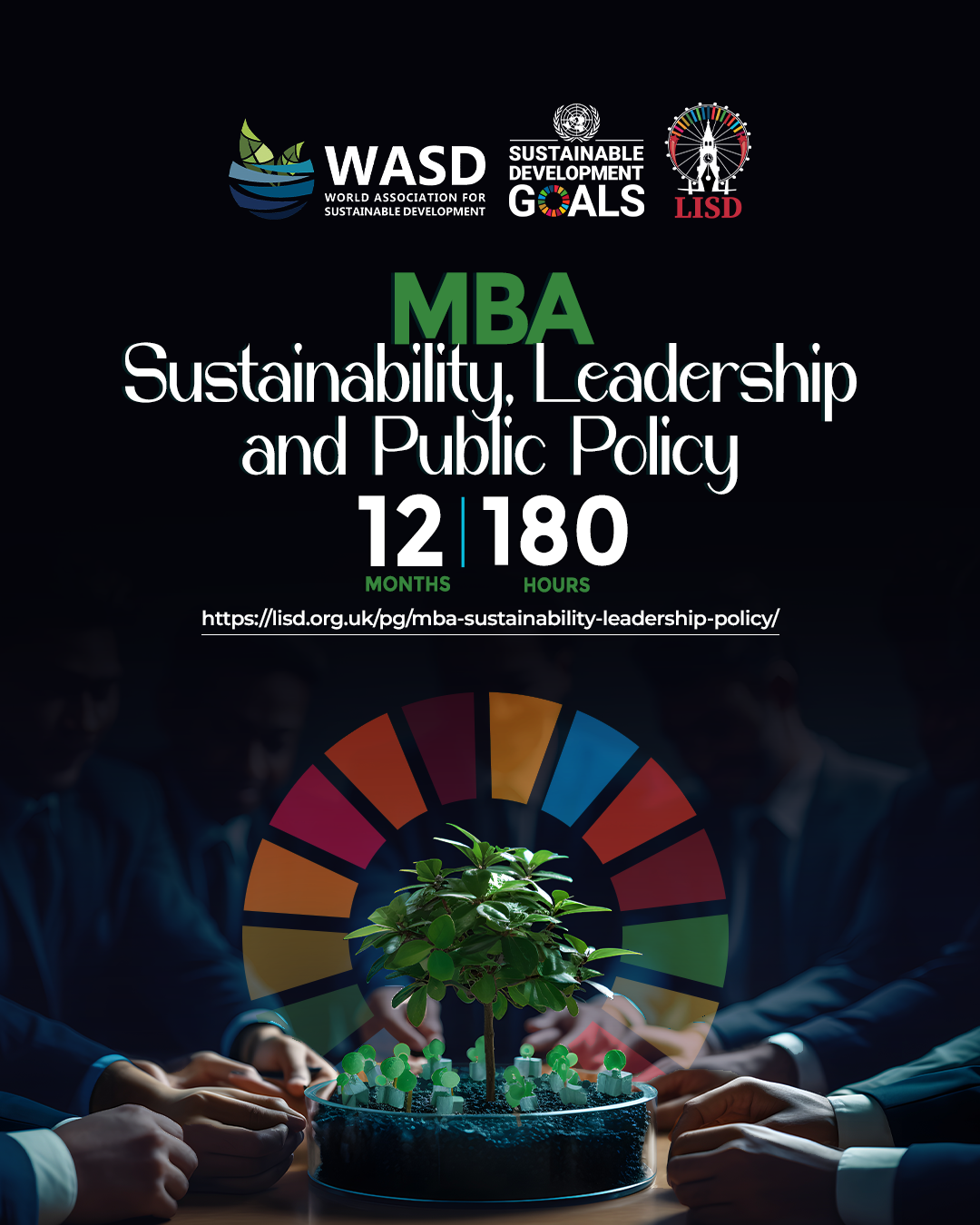Overview
Master of Business Administration (MBA) - Sustainability, Leadership and Public Policy
Duration: 12 Months
Credit Hours: 180
ECTS: 90
Level: HE7
Mode of Delivery: Hybrid (Online/Onsite on different locations across the world)
Overview
The MBA in Sustainability, Leadership and Public Policy at the London Institute of Sustainable Development (LISD) is a postgraduate programme designed to develop visionary leaders capable of driving sustainable transformation across sectors. Integrating the United Nations Sustainable Development Goals (SDGs 1–17) into every aspect of the curriculum, the programme combines rigorous business education with a deep understanding of environmental stewardship, ethical governance, and social equity.
Students gain advanced knowledge in sustainable management, strategic leadership, and evidence-based policymaking, with a focus on real-world applications that promote inclusive growth and responsible innovation. Through a blend of analytical, strategic, and leadership training, graduates are equipped to influence corporate and public sector decisions that align profitability with purpose. The programme empowers professionals to lead organizations and governments toward resilient, ethical, and sustainable futures in an increasingly interconnected global economy.
A One of-a-Kind Initiative
At the London Institute of Sustainable Development (LISD), the MBA in Sustainability, Leadership and Public Policy offers a transformative learning experience that blends innovation, mentorship, and global engagement. Unlike traditional MBAs, this programme integrates sustainability, strategic leadership, and public policy into a cohesive journey that extends beyond the classroom.
Aligned with the United Nations 2030 Agenda and the 17 Sustainable Development Goals (SDGs), the MBA encourages students to apply their learning to real-world challenges whether advancing climate action, social equity, sustainable finance, or inclusive economic growth. The curriculum spans disciplines such as business, governance, policy analysis, technology, and sustainable innovation, ensuring both academic rigour and real-world relevance.
Purpose-driven and globally focused, the LISD MBA equips graduates with the insight, integrity, and leadership skills to influence policy and business decisions that foster a more sustainable and equitable future.
Related Courses
Location
London Institute of Sustainable Development, England EC1M 6BE, United Kingdom
